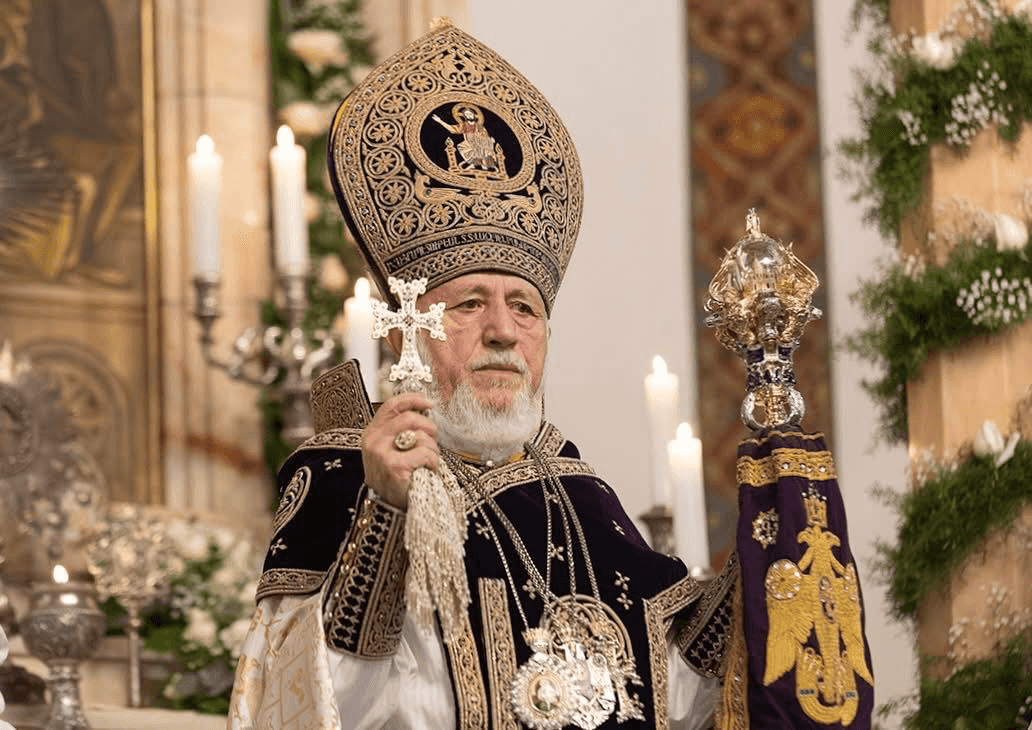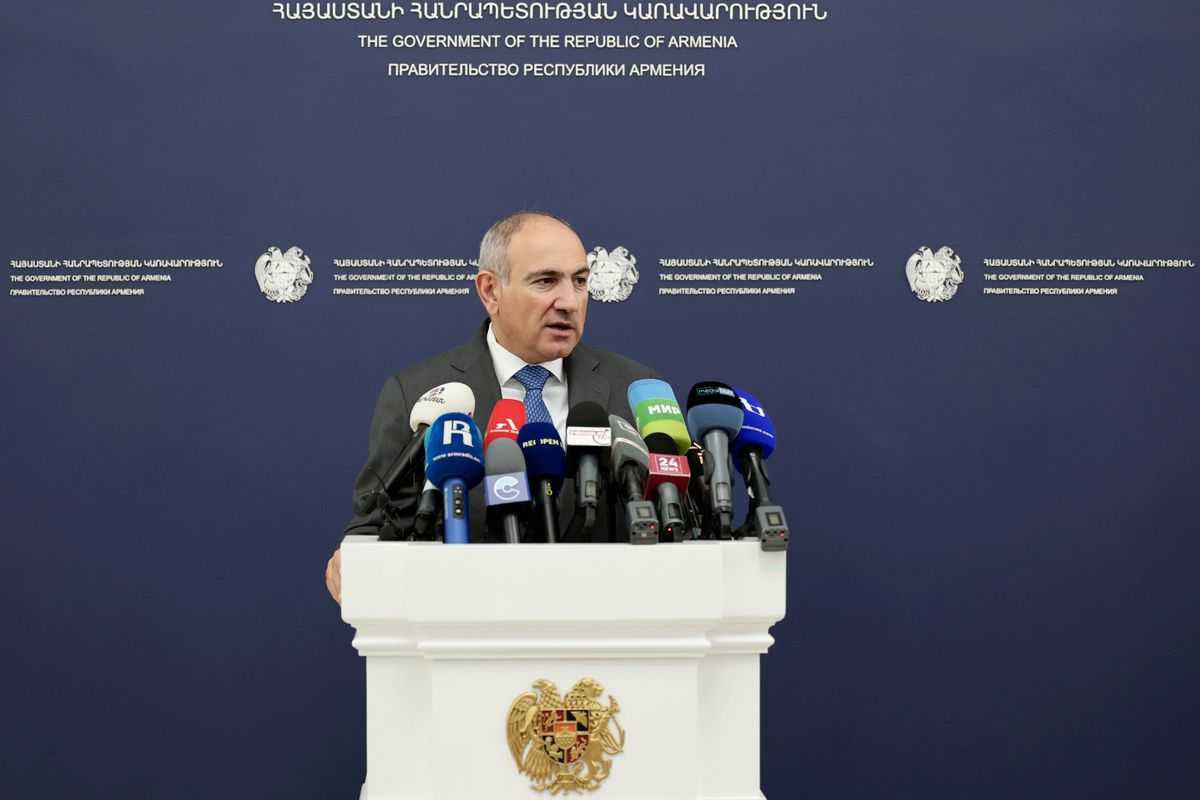
Prime Minister Nikol Pashinyan has issued a public apology for insulting the clergy of the Armenian Apostolic Church and the opposition — but not to the two groups themselves. The apology followed a Corruption Prevention Commission ruling, which said that he had violated the code of conduct for officials by insulting the two groups.
The proceedings were launched regarding two statements made by Pashinyan online and at the Armenian Parliament in May.
The first one came on 7 May when Pashinyan lost his temper during a heated discussion at the Armenian Parliament after he was accused of lacking the ‘political will’ to hold his team accountable for reports of corruption.

‘What are you even doing sitting in this hall? If I were to act based on press publications, I’d have to drag all of you and throw you into the basement of the National Security Service (NSS)’, Pashinyan said.
Additionally, Pashinyan called his opponents ‘hambal’, an insult equivalent to idiot.
With its ruling on 13 August, the Corruption Prevention Commission concluded that Pashinyan violated the code of conduct with the use of the word ‘hambal’.
In response to the commission’s inquiry, Pashinyan expressed regret for what had happened, noting that his remarks were made exclusively within the framework of a political debate and did not have the intention of personally insulting or threatening.
He noted that ‘the current political culture in Armenia does not allow us to exclude such cases’.
The other statement under question came on 30 May, amidst the ongoing confrontation between the government and the Armenian Apostolic Church.

That day, in a post on social media, Pashinyan accused an unnamed high-ranking clergyman of ‘banging [his] uncle’s wife’.
The use of such wording by Pashinyan caught Armenian society by surprise, sparking widespread criticism of the use of such language by a high-ranking official.
The commission’s ruling was published on 14 August, in which they analysed Pashinyan’s vocabulary.
‘Although the statement was made in response to criticism and related to an issue of public interest, nevertheless, due to its choice of wording, carries a rude and improper tone’, the commission concluded.
On Sunday, Pashinyan published his apology, noting on social media that despite the commission’s ruling of violations of the code of conduct in his speech and his apology, he did not ‘entirely agree with some of the assessments of the decisions’.
Underscoring that the apology was regarding only the insults, Pashinyan noted that ‘the goal of re-establishing the political, spiritual, and moral principles’ and his will to achieve that goal with the support of the people ‘are unwavering’, pointing at its ‘vital necessity for the political, legal, and spiritual security’ of Armenia.











